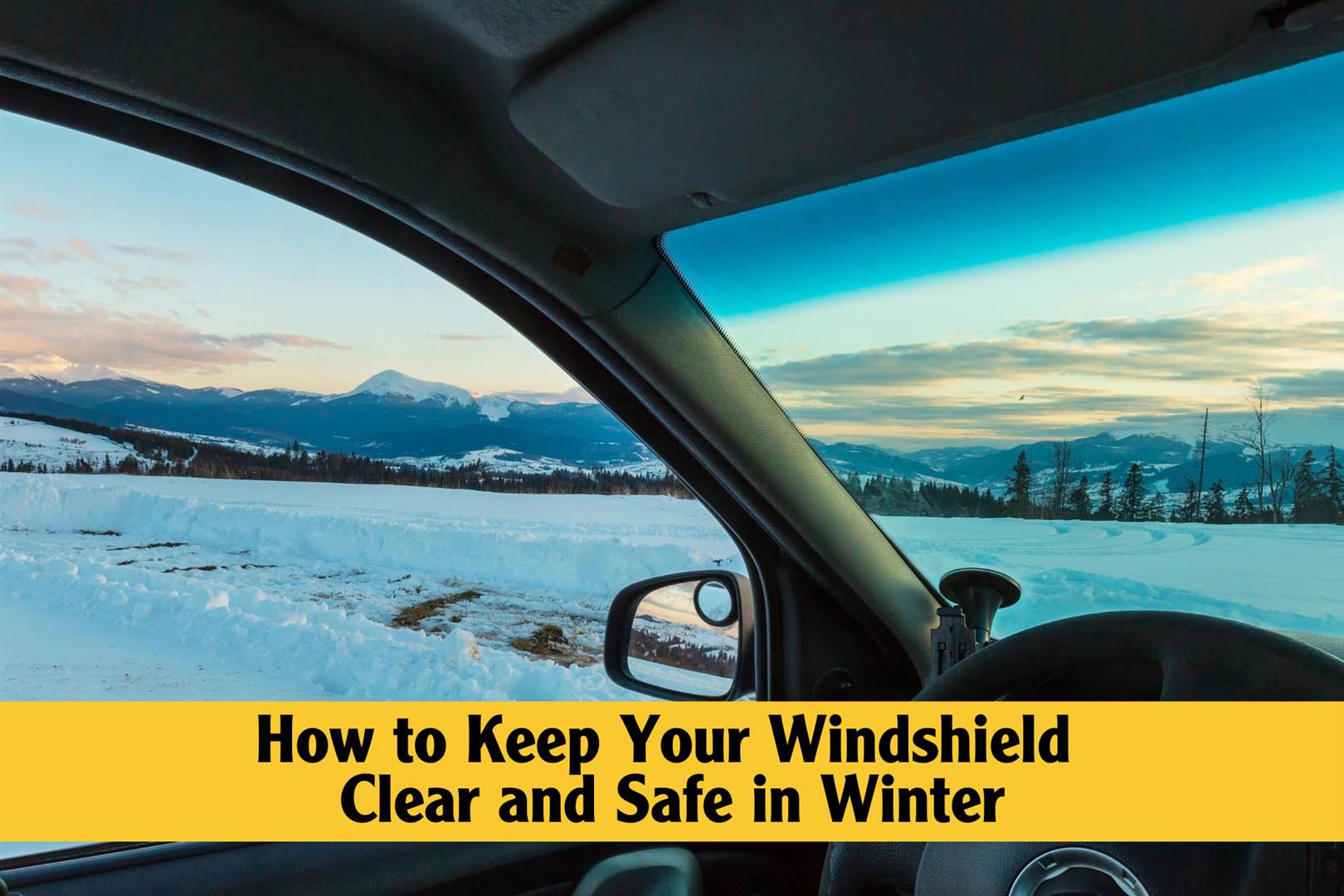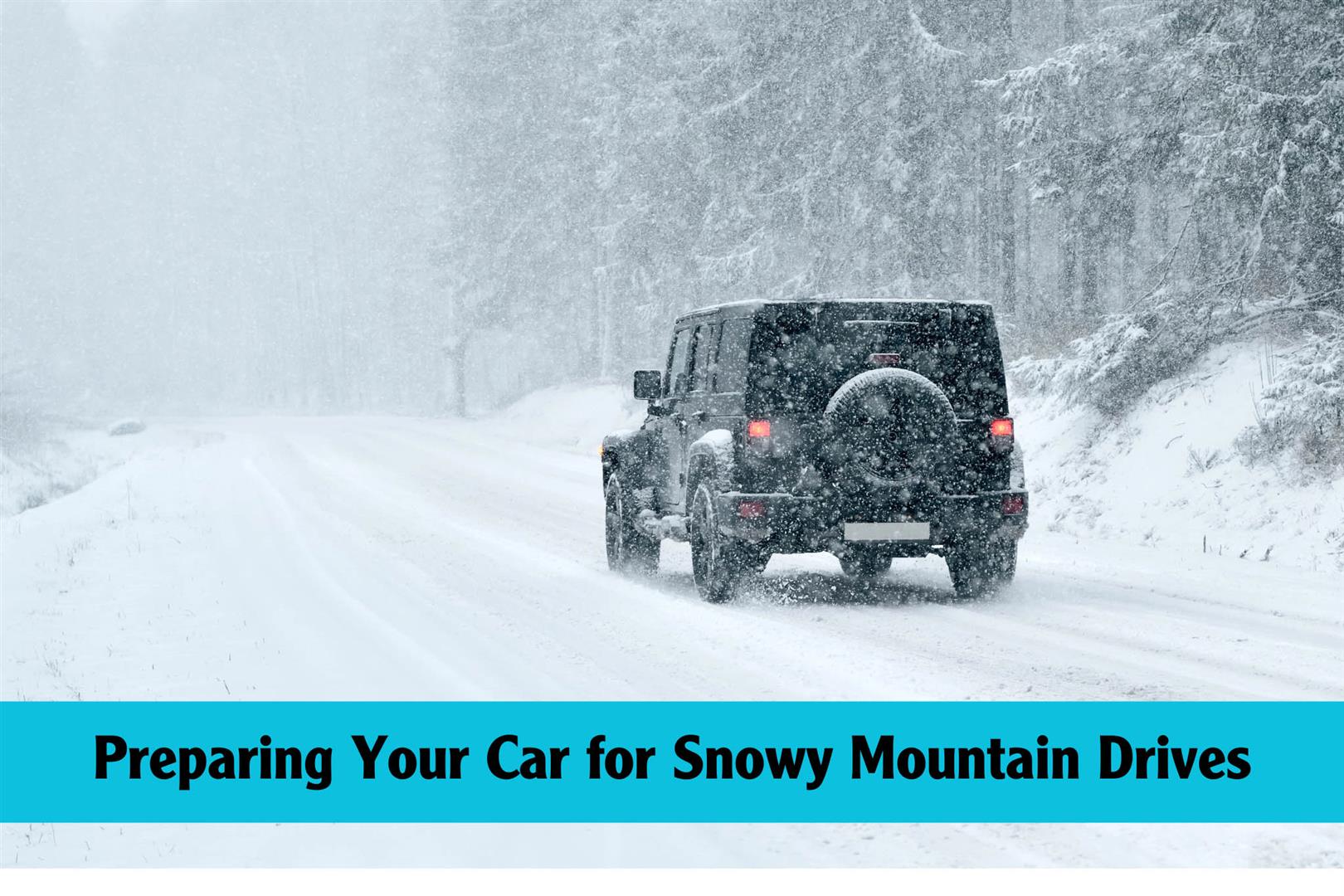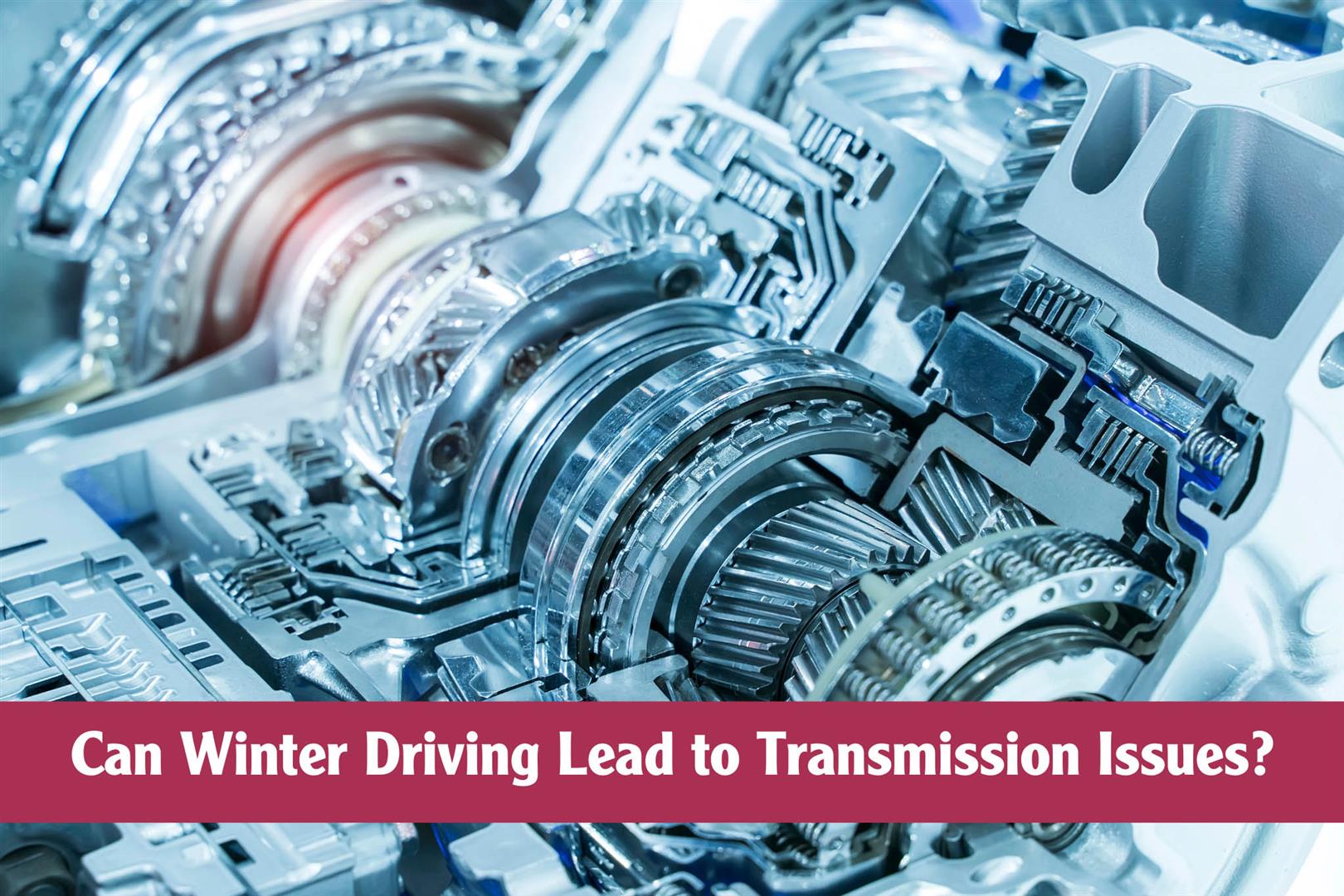Posted on 12/27/2024

Winter in Colorado can be tough on your vehicle, and your windshield is no exception. Whether you’re driving to Eldora for a ski day or commuting around Boulder, clear visibility is crucial for staying safe on icy roads. Here are some tips to keep your windshield clear and in top condition all winter long: 1. Inspect and Replace Wipers Your windshield wipers are your first line of defense against snow, ice, and road grime. Check for cracks or stiffness in the rubber, and replace them if they’re worn. Consider using winter wiper blades designed to handle snow and ice buildup. 2. Use the Right Windshield Washer Fluid Regular washer fluid can freeze in low temperatures, leaving you stranded without a way to clean your windshield. Switch to a winter-specific fluid with antifreeze properties to ensure it works even in sub-zero conditions. 3. Defrost Before Driving Never use hot water to remove ice from your windshield&mdas ... read more
Posted on 12/4/2024

When your car isn’t running right or a dashboard warning light comes on, the first step in solving the problem is diagnostics. But what does that mean, and why is there a fee for it? Let’s break it down so you know exactly what you're paying for and why it’s worth it. What Are Vehicle Diagnostics? Diagnostics involve using specialized tools and expertise to identify what’s wrong with your car. Modern vehicles are equipped with onboard computers that monitor how the engine, transmission, brakes, and other systems are functioning. When something goes awry, the system generates a trouble code. These codes give mechanics a starting point to investigate the issue, but they don’t tell the full story. For example, a "Check Engine" light might indicate a misfire, but it doesn’t explain what’s causing it—like a faulty spark plug, a bad fuel injector, or even a problem with the wiring. That’s where diagnostic ... read more
Posted on 12/3/2024

Planning to hit the slopes at Eldora or one of the many ski resorts along I-70 this winter? Colorado’s mountains are gorgeous in the snow, but they also present unique driving challenges that can take a toll on your vehicle. Before you head into higher altitudes and icy roads, it’s important to prepare your car to handle the demands of winter mountain driving. Here’s what you need to know. 1. Check Your Brakes for Optimal Stopping Power Driving on steep, snowy mountain roads requires top-notch braking power. Cold temperatures can impact your braking system, so it’s wise to have your brakes checked before you venture out. Signs your brakes might need attention include squealing, vibrations, or a “soft” brake pedal. A brake inspection can ensure everything is in peak condition to handle icy roads safely. 2. Winter Tires vs. All-Season Tires If you’re regularly driving to Eldora or the resorts along I ... read more
Posted on 11/27/2024

Seeing the check engine light pop up on your Jeep Wrangler’s dashboard can be frustrating. Is it something simple or a bigger issue? Don’t worry! We’re here to break down some of the most common reasons your Jeep’s check engine light might come on and what to do about it. 1. Loose or Faulty Gas Cap Believe it or not, one of the simplest causes of a check engine light is a loose or damaged gas cap. If your gas cap isn’t tightly secured or has a crack, it can cause a pressure imbalance in your fuel system, triggering the light. Always check this first—it might save you a trip to the shop! 2. Oxygen Sensor Issues Your Jeep’s oxygen sensor monitors how much unburned oxygen is in the exhaust. If it’s malfunctioning, it can cause poor engine performance, reduce fuel efficiency, and trigger the check engine light. Ignoring this issue can lead to damage to other parts like your catalytic converter, so it&rsquo ... read more
Posted on 11/25/2024

When we think of winter car issues, transmission problems don’t usually top the list. Yet, cold weather can actually put extra strain on your vehicle’s transmission, especially here in Boulder where winter temperatures and conditions can be extreme. If your car feels a little sluggish on cold mornings or shifts harder than usual, it could be because of how the winter weather impacts your transmission system. Here’s why winter driving can take a toll on your transmission—and what you can do to protect it. Why Does Cold Weather Affect Transmissions? Transmissions rely on fluid to keep all their moving parts well-lubricated and working smoothly. In colder temperatures, however, transmission fluid thickens, which can make it harder for the fluid to flow properly and for parts to move freely. This can lead to is ... read more